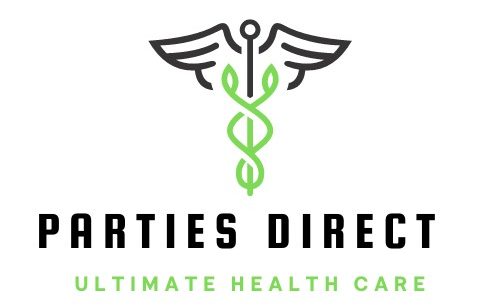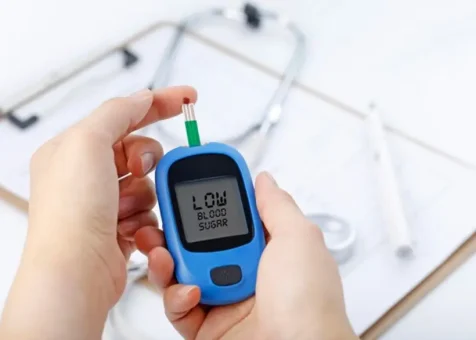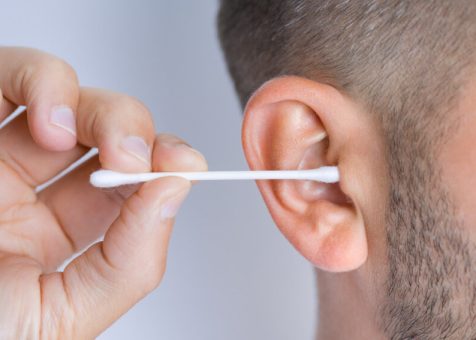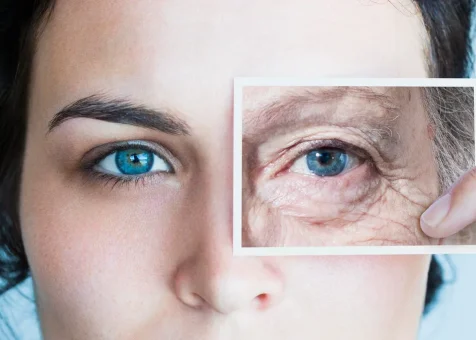Best Natural Dietary Supplements
Buy Probiotics & Vitamins Supplement
What is Dietary Supplements ?
When you want to take vitamin C or fish oil pills, you might wonder if they’re safe and if they work. But before you take them, think about whether you need them.
Many Americans take dietary supplements like vitamins and herbs every day or sometimes. These are things you can buy without a doctor’s note, like pills or powders. People take them to make sure they’re getting enough good components for their bodies and to stay healthy. But not everyone needs them.
You can usually get all the good components your body needs by eating healthy foods, so you might not need supplements. But sometimes they can help if your diet is missing important things.
Some supplements can have bad effects, especially if you’re going to have surgery or if you’re taking other medicines. They can also be bad for you if you have certain health problems. And we’re not sure how safe they are for kids, pregnant women, and some other groups. So it’s smart to talk to your doctor before you start taking any.
Your doctor can help you decide if you need them and if they’ll be safe for you. Dietary supplements are regulated by the U.S. Food and Drug Administration (FDA) as foods, not as medicines. They can say they’re good for your health on the label, but they can’t say they’ll cure, treat, or prevent diseases like medicines can.
Benefits of Dietary supplements:
Dietary supplements can help you stay healthy and make sure you’re getting all the important components your body needs every day.
For instance, calcium and vitamin D can make your bones strong, and fiber can help your digestion stay regular. Some supplements have known benefits, but others need more research to be sure. Also, remember that supplements aren’t a substitute for eating a mix of healthy foods to stay healthy.
What Are the Side Effects of Taking Dietary Supplements?
Before you buy or take a dietary supplement, talk to a healthcare professional like your doctor, nurse, dietitian, or pharmacist about the good and bad things about it.
Many supplements have strong ingredients that can affect your body a lot. Some supplements can also cause problems if you’re taking other medicines, mess up tests at the lab, or be risky if you’re having surgery. Your healthcare professional can help you figure out if a supplement is right for you.
When you take dietary supplements, be careful because you might have a bad reaction or side effects.
Problems can happen, especially if you:
– Take different supplements together.
– Mix supplements with medicines.
– Take too much of certain supplements.
– Use supplements instead of medicines.
If you have a bad reaction while taking a dietary supplement, stop using it right away, get medical help, and tell the FDA about what happened.
What Do Supplements Do?
Supplements are like extra helpers for your diet. Some folks take them to make sure they’re getting enough of the important components their bodies need each day.
For example, if someone follows a special diet like vegetarian or vegan, they might not get all the vitamins they need. They might take supplements to make up for that. Others might take supplements if they know they’re lacking in certain vitamins.
Lots of adults take supplements to get more key nutrients like calcium, iron, and vitamin D. Some folks take them to help with specific health issues or to feel better. For instance:
- Some people use melatonin to sleep better.
- Others take fiber supplements to help their digestion.
- And some take vitamin D or calcium to keep their bones strong.









